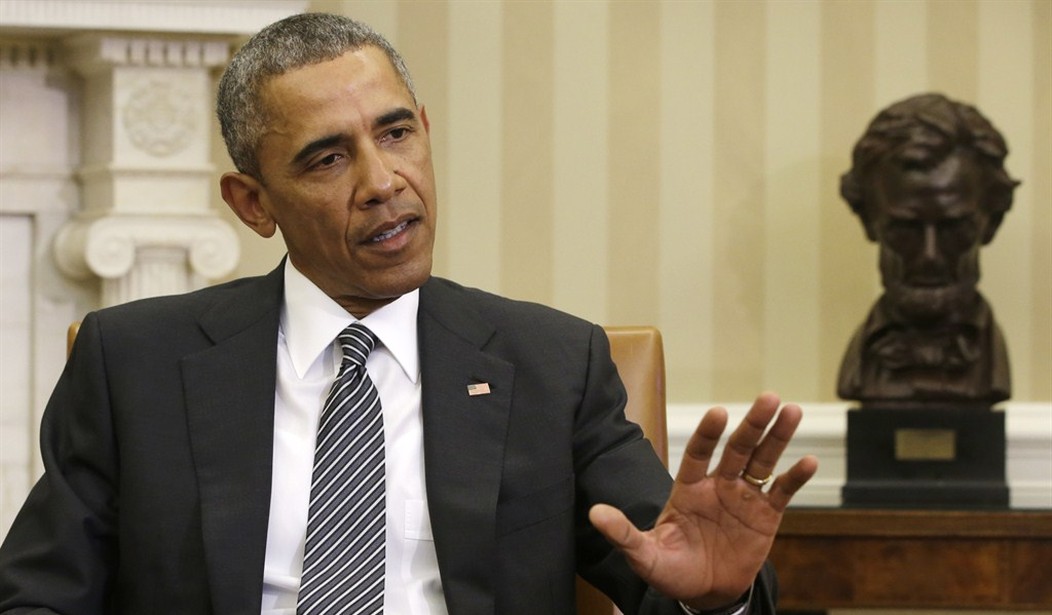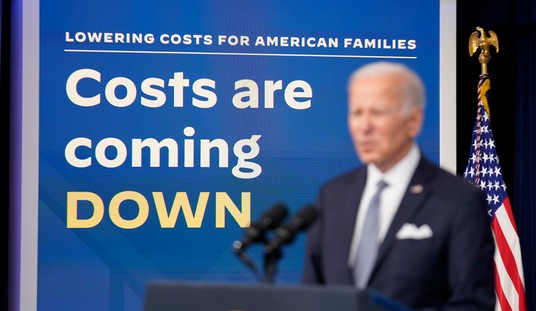Advertisement
Take, for example, those who have followed news stories about the sales of defense-related products and equipment following the so-called Arab Spring of 2012, and during the subsequent chaos in the Middle East that many dubbed the Arab Winter. Anyone paying attention to all this would pretty much have known that buying some shares of well-known companies such as Lockheed Martin or Northrop Grumman, or of many other big names in the defense and aerospace industry, would have been making a darn good investment. And anyone who has watched their stock prices soar since 2013 would likely be able to tell you that the indecisive, erratic, and at times inexplicable foreign policy of the Obama administration will likely keep these companies busy for years to come.
Many of these mainstays of the defense-manufacturing world have credited their more recent soaring value to purchases of equipment and services by other countries. Presumably these nations' purchases have been a result of desperately wanting to protect themselves from an array of potential enemies.
For example, the Patriot missile became famous when it managed to knock out Saddam Hussein's Scud attack missiles that were fired at Israel during Operation Desert Storm. That was nearly 25 years ago, yet obviously improved and enhanced versions of the Patriot have kept up the missiles' popularity. Following the Arab Spring, the nation of Oman entered into negotiations to purchase Patriot defense systems. By 2014, the Saudis were seeking to buy enhanced Patriot defense systems.
Recommended
Advertisement
Is it any wonder that Raytheon, the company that makes the Patriot defense system, has seen its stock climb through the roof since serious unrest has descended over the Middle East? Of course, the Arab Spring itself was viewed more as a civil conflict that resulted in the replacement of governments and regimes in nations ranging from Egypt to Libya to Yemen (twice). But the ever-present threat of force -- such as Iran's seemingly relentless desire to advance its nuclear status -- coupled with a U.S. foreign policy in disarray, has left the entire region feeling a need to arm itself to the hilt.
And those concerns aren't limited to the Middle East. Late in 2014, the U.S. government gave permission for a possible sale of Patriot missiles and associated equipment to South Korea. And yes, we all know there are continuing threats to that nation from its neighbor to the north.
For Raytheon shareholders, that meant virtually doubling the value of their shares since January 2013. And there seems to no reason to believe this trend won't continue.
It really makes little difference if we are talking about Patriot defense systems, or missile interceptors manufactured by Lockheed Martin, or drones like the Global Hawk, which is produced by Northrop Grumman. All of these companies are focused on global sales and have seen their stock prices soar in the last two years.
The story here is not just another example of how paying close attention to news from these areas of the world can easily tip one off to great investments in virtually any of the major U.S. defense and aerospace companies. More importantly, the success of these stocks tells us about whether we are in times of peace or not.
Advertisement
For all of the bragging that troops have returned home and that promises to end wars abroad have been kept, the reality is that the rest of the world is busy arming itself, preparing for any possible hostile circumstance from any number of newly emerging threats. Whether it is terrorism in the form of ISIS, nuclear saber-rattling from Iran, cyberattacks from nation states and rogue criminals, or endless civil unrest abroad, the world seems very much in a state of war.
And if it is not at war, much of the world is at least preparing for it. The proof is in the pudding, teaching us that under this dovish president, it's smart to put your money with the very industries he likes to avoid.

























Join the conversation as a VIP Member